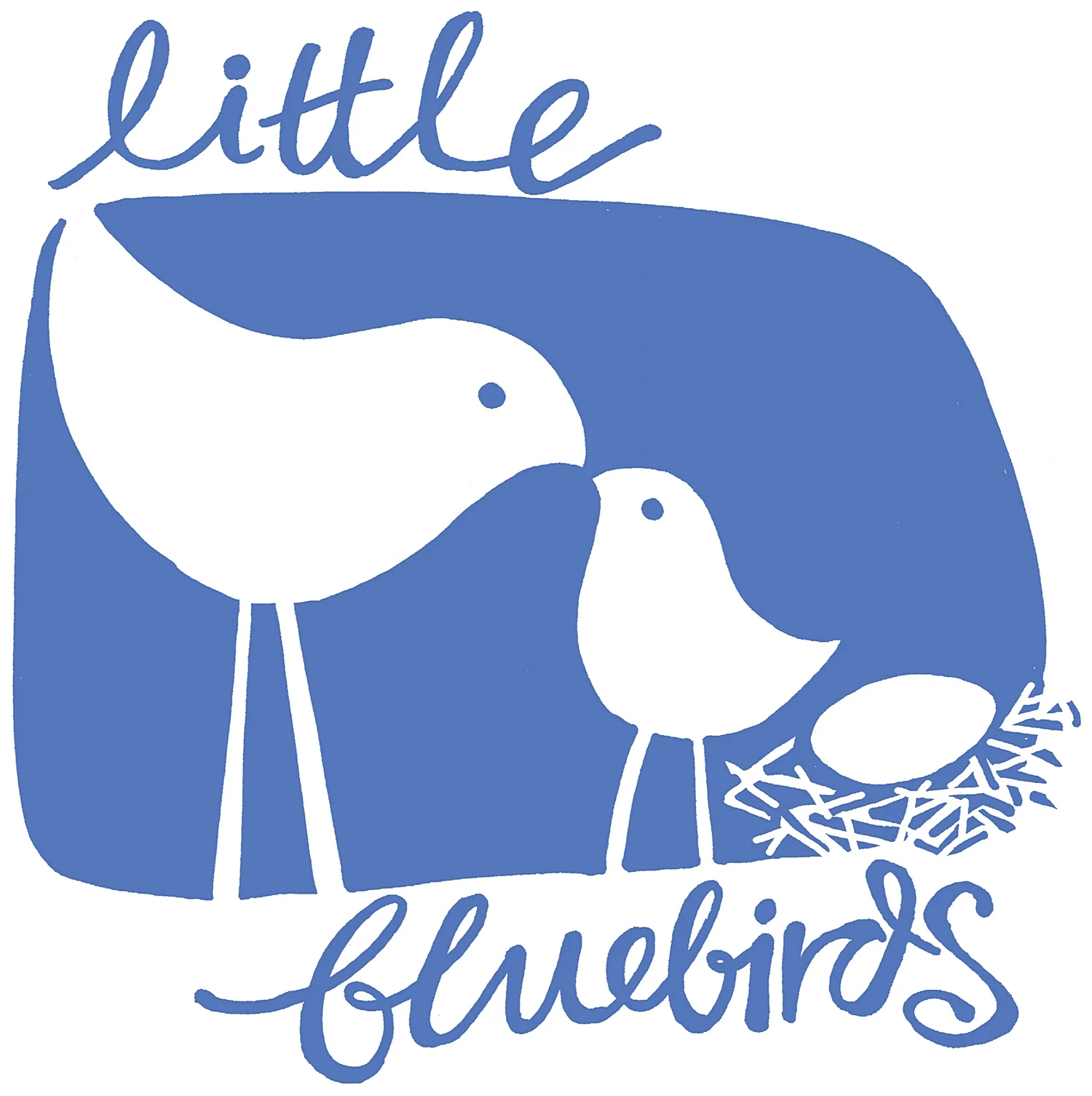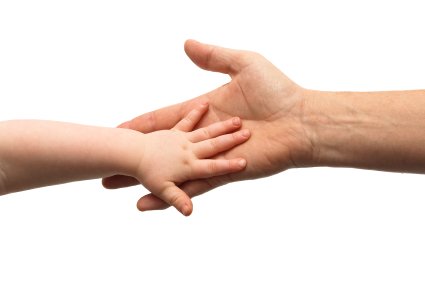Little clapping hands
There are few things more enchanting than a child clapping their hands together in delight! Perhaps they are applauding your rendition of a favourite song or just expressing their joy at seeing a favourite person walk in the room. Whatever the reason, it is sure to brighten your day…
And there are two very simple things you can do to get your little one clapping!
1. Give them a round of applause
Lead by example and give a round of applause… Finished reading their favourite book? Shout ‘hooray’ and give a clap! Found their lost toy? Shout ‘hooray’ and give a clap! Landed safely together at the bottom of the slide? Shout ‘hooray’ and give a clap!
2. Clapping songs/games
Generations of parents have sung clapping songs and played clapping games with their babies. Of course, you can clap along with any song at all, but these traditional favourites will surely get you and your little one clapping.
“Pat-a-cake, pat-a-cake, baker’s man
Bake me a cake as fast as you can
Pat it and prick it and mark it with B
And put it in the oven for baby and me”
“Clap your hands little Andrew*
Clap your hands little Andrew Brown
Clap your hands little Andrew
Clap your hands Andrew Brown
* Substitute your child’s name”
Clapping is a real brain workout for your little one in more ways than one. Each time they attempt to clap they are developing skills in a range of different areas.
Fine motor skills
At around 2 to 3 months of age, babies discover that their hands are part of their own body and begin to develop control over the muscles in their hands that are necessary for deliberate actions like waving, pointing and clapping. Like all areas of development, children will learn to clap at different ages but many will begin to clap their hands together around 6-9 months.
Hand-eye co-ordination
To successfully clap, your little one’s eyes must track their hands through the air as they attempt to bring them together. This seemingly simple action is actually quite complex for developing brains.
Communication
Clapping is one way for your child to communicate to you (and the rest of the world around them) how they feel. This kind of nonverbal communication paves the way for them to start using words and helps build wonderful cycles of interaction, as what adult can ignore little clapping hands?
Cognition
Babies learn by copying, and their first claps will probably come as a result of imitating you. This means that baby must observe your actions and then copy them—something that requires both concentration and cognitive development.
A brain-stretching game to try
Once your child has mastered the skill of clapping their own hands together (oh the joy!) they may be ready to try this co-operative clapping technique:
Image by rawpixel.com - www.freepik.com
Encourage your child to place their hands palm down onto your upturned hands. Gently tap upwards onto their palms while you sing a song. After a while your child will respond by tapping down onto your hands.
This clapping technique provides another delightful and brain-stretching opportunity for back-and-forth interactions. Pause after singing a favourite song and wait for your toddler to tap down on your hands before singing the song again.





